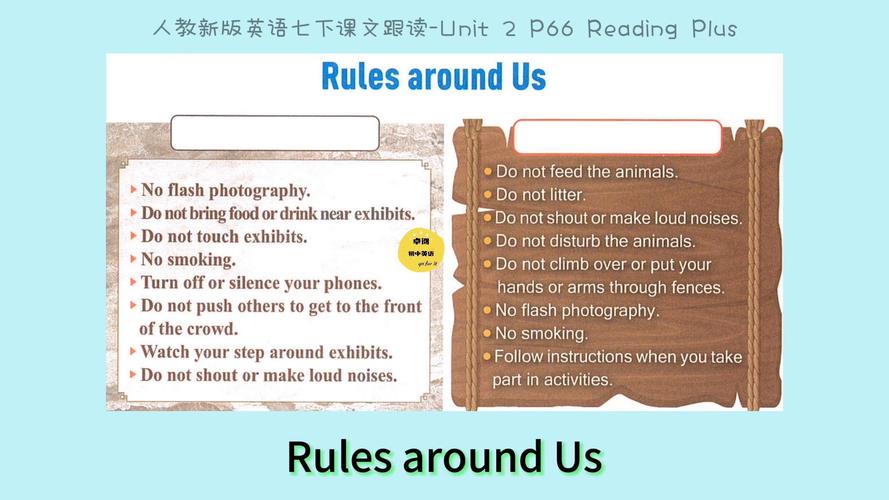The Second Trial of Li Tie Maintains the Original Sentence of 20 Years in Prison
 summary:
In the recent legal proceeding concerning the case of Li Tie, the second trial has upheld...
summary:
In the recent legal proceeding concerning the case of Li Tie, the second trial has upheld... In the recent legal proceeding concerning the case of Li Tie, the second trial has upheld the original sentence of 20 years in prison. This verdict reinforces the judicial principle of law and justice in China, and serves as a reminder to all that the law does not tolerate any deviation from its prescribed norms.
The Li Tie case has attracted widespread attention in China and beyond, given its complexity and high profile. The legal proceedings have undergone several twists and turns, but in the end, the judicial system has spoken through the second trial, confirming the original sentence of 20 years.
During the second trial, the court carefully reviewed all evidence presented by both sides, including the defense and prosecution. The court also took into account the previous trial's decision and evaluated it against the facts and evidence presented during the second trial. The court's decision was not taken lightly, as it considered various factors such as the gravity of the crime, the evidence against Li Tie, and the impact of the verdict on society.
The verdict of the second trial maintains the original sentence of 20 years in prison for Li Tie. This decision is not only a legal ruling but also a reflection of society's expectations and values. The court has recognized that the crime committed by Li Tie was serious and had caused significant harm to society. The sentence of 20 years in prison is a just punishment that serves to deter others from engaging in similar criminal activities.
The judicial system in China has always emphasized the principle of law and justice. The second trial of Li Tie is a clear example of how the judicial system operates within the framework of law and ensures that justice is served. The court's decision is based on facts and evidence, and it is not influenced by any external factors. This reinforces trust in the judicial system and demonstrates its commitment to law and justice.
The verdict also serves as a reminder to all citizens that no one is above the law. Li Tie, like any other individual, must abide by the laws of society and face the consequences of his actions. The judicial system will not tolerate any deviation from legal norms, and any attempt to circumvent the law will be met with severe punishment.
The second trial of Li Tie has also highlighted the importance of respecting the judicial system and its decisions. Citizens should trust the judicial system and respect its decisions, as it is their duty to ensure law and justice are upheld. When a verdict is issued, it should be accepted and respected by all, as it represents the decision of a court that has carefully reviewed facts and evidence.
In conclusion, the second trial of Li Tie maintains the original sentence of 20 years in prison. This verdict reinforces the judicial principle of law and justice in China and serves as a reminder to all citizens that they must abide by the laws of society and face the consequences of their actions. The judicial system in China will continue to operate within the framework of law and ensure that justice is served to all.

